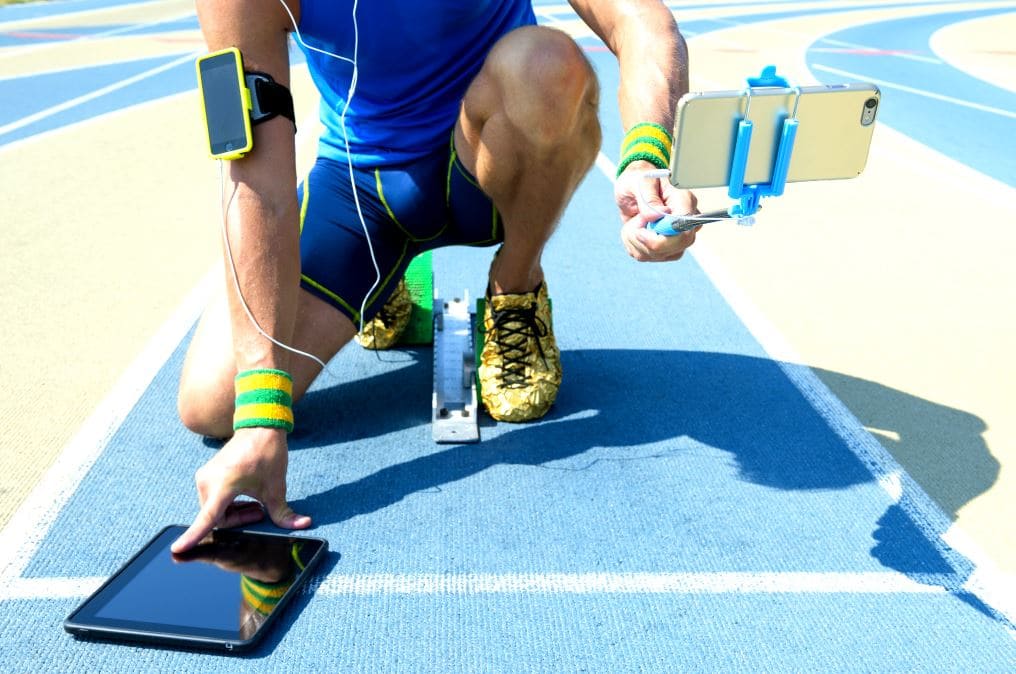Introduction
Technological advances are changing the way in which sports are played and watched. In the past, athletic coaching necessitated substantial paperwork and post-practice exertion by coaches and players. Artificial intelligence (AI) and data analytics have assessed player performance and undertakings before- and after-match study results. Image recognition and predictive modeling can assist the umpires in making reasonable resolutions on camera optimization during airings on television. Insightfully, digital media have the potential to revolutionize the audience’s experience. Much as sports technology has grown in the 21st century, advanced research is required to bridge the digital gap in communication, tracking athletes’ performance, and promoting fans’ experiences in the fast-changing demands.
Communication in Sports
Since communication is an integral facet of sports, rethinking how technology can be of essence is critical. One major milestone is the implementation of predetermined machine learning algorithms, which may spot motion patterns, obtain points of contact, determine management decision errors, and study matches commonalities formerly performed by humans (O’Brien and Michael 8). When the technology is logically employed, media technologies, such as YouTube, can enhance communication during training by uploading videos discussing plays with athletes. Therefore, AI technology can help to unpack and assist the underlying ensembles of cognitive knowledge, setting, performance goals, and on-field encounters that impact the growth of sports officials.

Tracking Athlete Performance
Contemplating that athletes are the pillar of sports, it is significant to track their performance to enhance their welfare through skills, detect injuries, and eliminate doping using AI. For instance, sports trainers can assess and monitor players’ progress by instantly utilizing sensors put on their bodies or through active gear with sensing fibers (“How Technology Is Revolutionizing Sports Training” par. 4). The application of real-time systems can automate and eliminate flaws that may disrupt sporting activities. As a result, trainers may evaluate athletes’ health and actual location, distance, speed, and momentum instead of depending on times and splits to discover areas for improvement.
Promoting Fans Experience
Fans’ demands are rapidly evolving, and technology has become an essential component in which the audience consumes sports evoking the need to devise advanced approaches to convey events remotely. According to the Capgemini Research Institute, about 69% of spectators believe that developing technologies have improved sports broadcasting both within and off the pitch (4). Fans watch games live on virtual reality headsets, view an event from several camera perspectives, and predict matches in which spectators compete against an AI bot. Thus, developing technology in sports can deliver huge brand worth and prospects in boosting sports consumption.
Conclusion
With the emerging device technologies and changing sportspersons’ engagements, from real-time monitoring to injury prevention and fans’ experience from off-the-pitch to digital, it is necessary to rethink the role of technology in sports. Effective communication is critical in sports through AI to allow players and coaches to rely on virtual reality equipment and improve their performance and mastery of their skills. Tracking athlete performance through the innovation of sensors in sports organizations will offer gains in data analytics for measuring strategic decisions and physiological states. Besides, enhanced media development can foster fans’ experience by providing a variety of platforms to consume sports. Thus, advanced research is essential to inform how the propensity of modern computer systems may open up possibilities for building a digital stage for immediate and future officiating development in sports.
Works Cited
Capgemini Research Institute. “Emerging Technologies in Sports: Reimagining the Fan Experience.” 2019, pp. 1-32, www.capgemini.com/wp-content/uploads/2020/01/CRI-Tech-in-Sports_V1-2.pdf
“How Technology Is Revolutionizing Sports Training.” Ohio University, 2020, onlinemasters.ohio.edu/blog/how-technology-is-revolutionizing-sports-training/.
O’Brien, Katherine A., and Michael O’Keeffe. “Reimagining the Role of Technology in Sport Officiating: How Artificial Intelligence (AI) Supports the Design and Delivery of Ecologically Dynamic Development Processes.” Managing Sport and Leisure, 2022, pp. 1–13, doi:10.1080/23750472.2022.2126996.


